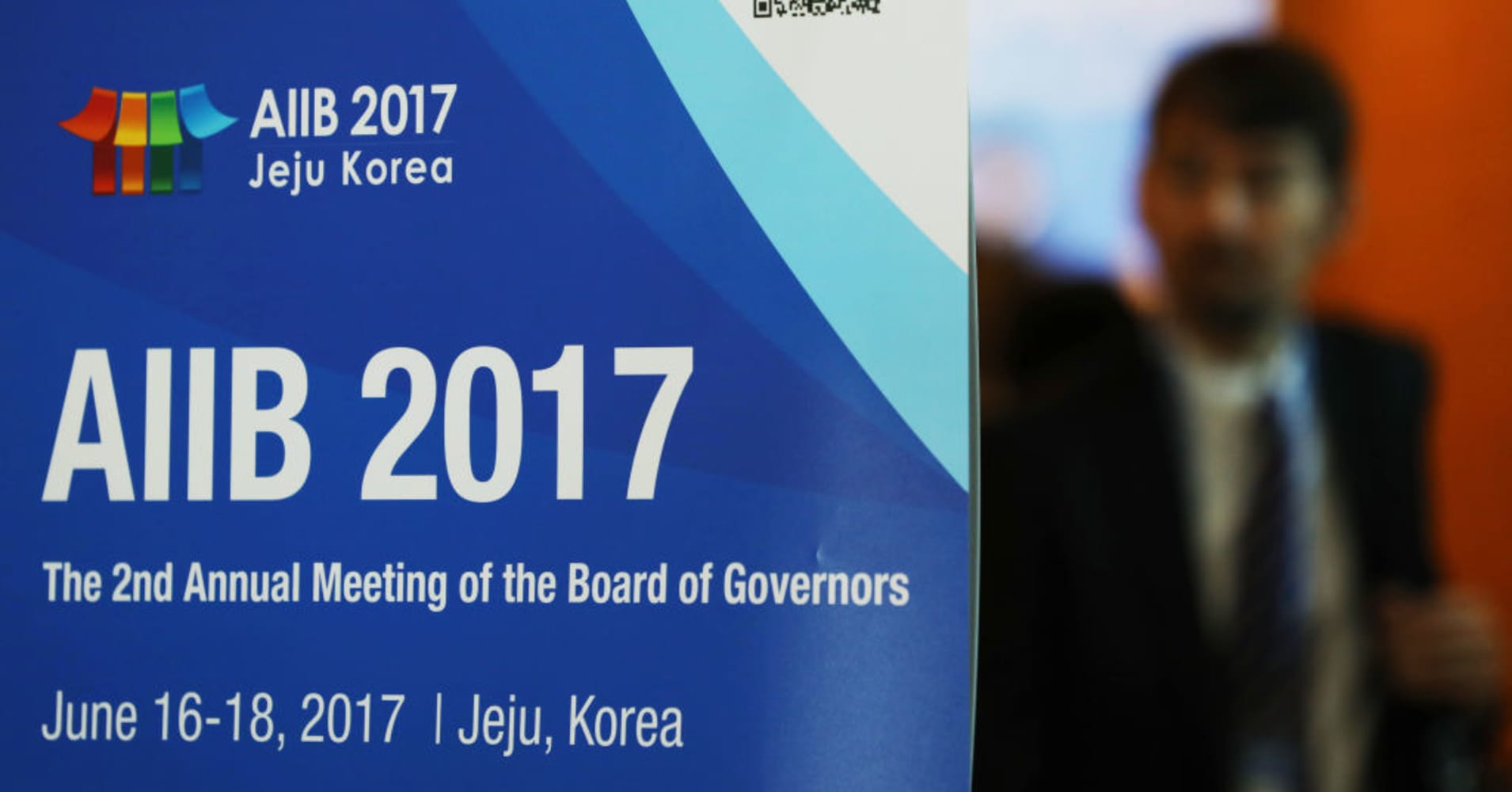
While multilateral development banks (MDBs) can support the infrastructure buildout in Asia, national governments need to be the institutions driving the process, a panel of experts said on Saturday.
The panel held during an Asian Infrastructure Investment Bank (AIIB) meeting in Jeju, South Korea, focused on the work of governments, commercial banks and multilateral institutions in improving infrastructure financing in Asia.
The AIIB was launched in 2016 as a multilateral financial institution, in the style of the World Bank, to support infrastructure building in Asia-Pacific. The China-backed development bank told CNBC earlier this week that despite its roots, the AIIB was a global institution that did not just support China`s interests.
MDBs play a critical role in de-risking infrastructure projects by transitioning them from purely public-led schemes to more leveraged ones, said Joachim Von Amsberg, vice president of policy and strategy at the AIIB.
However, multilateral banks like the AIIB cannot be a substitute for government, Von Amsberg said. "National leadership has to drive the process and take ownership," he added.
Asia has an estimated $1.7 trillion infrastructure gap if it continues to develop at current growth rates, according to the Asian Development Bank. At present, 300 million in the region do not have access to potable water, 400 million live without electricity and 1.5 billion do not have basic sanitation. Transportation infrastructure is also lacking in the region.
One of the problems behind the persistent infrastructure gap could be the low levels of private sector involvement in such projects.
The development of local capital markets could improve things in the future. In addition, other forms of financing are also being explored, such as the listing of infrastructure projects on stock exchanges.
As for sovereign government, the biggest task remaining is to create an enabling environment for change, reform and growth, said former Prime Minister of Pakistan Shaukat Aziz. He pointed to introducing price checks on major infrastructure projects as a way of targeting corruption and pushing for greater privatization in the economy.
Only if governments drive the reforms necessary to create such an environment will institutions, such as the ADB and World Bank, step in and provide assistance, he added.
"The driver has to be the sovereign. It cannot be the lender," he said.


0 comments:
Post a Comment